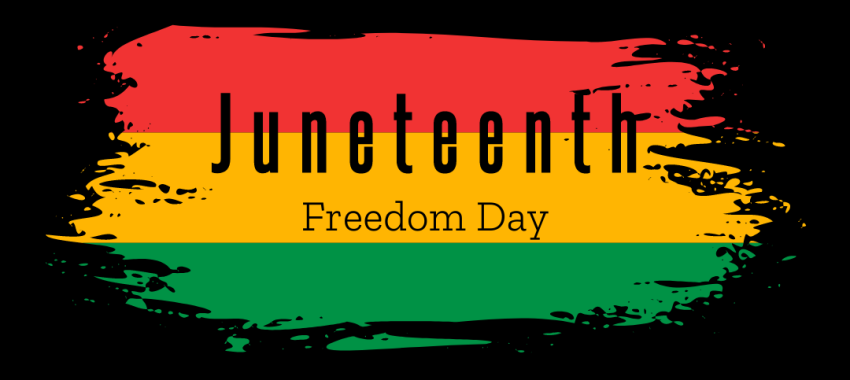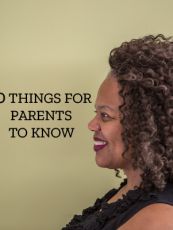
Juneteenth
What is Juneteenth?
Juneteenth is part of American history, not just African American history.
It was the day a Union general rode into Galveston, TX and announced the Civil War had ended and the last enslaved Africans living in America were free from slavery. It is also known as Black Independence Day.
It is only adopted as a paid, state holiday in Texas, but it is recognized in 48 states. On April 27, 2021, Hawaii officially recognized and passed legislation recognizing it as a holiday. Only North Dakota and South Dakota do not recognize it as a holiday.
Why is it important and worthy of celebration?
The Emancipation Proclamation freed enslaved people two years earlier, but many Americans were still holding Africans captive. Slaveowners withheld this information from many Africans living in America at that time, and word didn’t reach those who were still enslaved until June 19, 1865 (June + Nineteenth = Juneteenth) in Galveston, TX.
Juneteenth is a time for Americans to take pride in what Black people and their ancestors have overcome. It is a moment in American history for celebration. Henry Louis Gates, Jr. writes that, over generations, Juneteenth became: “an occasion for gathering lost family members, measuring progress against freedom and inculcating rising generations with the values of self-improvement and racial uplift.”
Why is it important to Big Brothers Big Sisters?
Core Value: Belonging, Inclusivity, and Genuineness (B.I.G)
The enslavement of Africans is most accurately defined as chattel slavery. This means Africans brought to America were not indentured servants forced to labor in the fields but labeled as the personal property of slaveowners with ownership – extending to the enslaved children and children’s children. The cultural and social effects of having an entire human population belong to America for the purposes of commodification have resulted in the continued dehumanization of Black people living in America.
A core value of BBBS is belonging and the creation of a culture of inclusivity where our Black Littles are affirmed, valued, and worthy of a space that allows them to bring their whole self. Juneteenth is our opportunity to celebrate what the ancestors of our Littles have overcome reaffirming our commitment to always empower their potential.
How do I use Juneteenth to communicate to my Little that they belong?
Recognize and acknowledge the biases and/or prejudices people of color (neighbors, strangers, colleagues, friends, Bigs, Littles) may face on a daily basis.
If you are white, be willing to acknowledge that you may not know how to respond to the pain Black citizens experience due to bias, but that you are always willing to learn.
If your Little is Black, affirm Blackness by emphasizing the importance of them being proud of their beauty, style, culture, and community. Reaffirm your commitment to always give them space to express their beauty, style, culture, and community. If your Little is white, help them explore how important it is to stand up for those who are being hurt by bias.
Discussion Guide for Bigs with Littles
How to Use this Discussion Guide
The purpose of this discussion guide is to provide a series of prompting questions that can lead to meaningful conversations about the history of Black people living in America. It is also designed to acknowledge the wrongdoings of America in enslaving Black people while giving Littles an opportunity to give voice to the effects of that pain.
Questions to Consider
Do you know what the Emancipation Proclamation was? What did it do for Black people? Did you know that not all Black people were free from slavery after the Emancipation Proclamation? Why do you think that was?
How do you think enslaved people felt when the Union general rode into Galveston, Texas and announced that the slaves were free? How does it make you feel to know that slaves didn’t know they were free?
Is there a time you felt like you didn’t belong because of how you look or how people perceive you?
What do you think causes some people to want/need other people to feel like they don’t belong?
What are some ways Black people continue to thrive in America despite mistreatment? What are some things we can do together to support Black people in our community?
Do you think there are other parts of American history we should endeavor to learn? What plans could you make?
Children s safety is our number one priority; throughout the duration of the match, not just the beginning!
